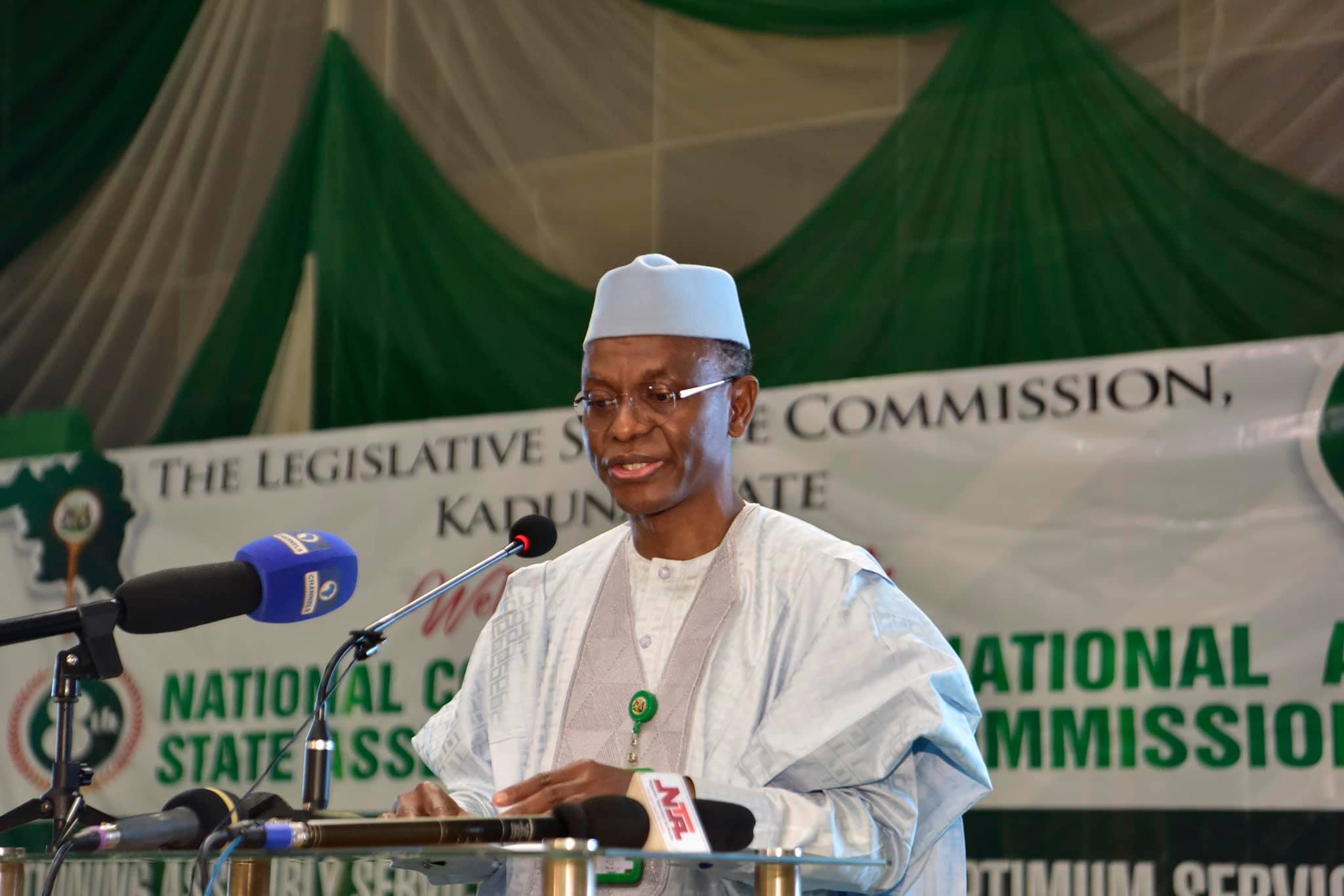ABUJA, Nigeria — Former Senator Shehu Sani, representing Kaduna Central Senatorial District, has called on the 10th assembly senators to reject the nomination of Malam Nasir El-Rufai, the former governor of Kaduna State, as minister, citing a contentious past that includes allegations of human rights abuses.
The political turbulence around El-Rufai’s nomination has also stirred up opposition from religious groups, particularly a Bauchi-based coalition of Quranic Reciters, Memorizers, and Learners.
Senator Sani’s call on Sunday, July 30, 2023, aligns with a 2008 Senator Abubakar Sodangi Committee ruling that barred El-Rufai from holding public office.
“The Senate should uphold and respect the 2008 Senator Sodangi Committee that barred him from holding public office,” Sani said in a statement.
“Particularly, the three senators from Kaduna State must categorically and unambiguously reject Elrufai’s nomination. Silence is a great disservice and betrayal of the people of Kaduna State who have suffered under his eight years of tyranny and persecution.”
Simultaneously, a religious coalition has condemned the nomination, with Sheikh Sidi Ali, the Director of Education Sheikh Dahiru Usman Bauchi Foundation, speaking passionately against El-Rufai’s possible appointment.
“We have seen the name of the former Kaduna State Governor Mallam Nasir ElrufaI, a man that openly showed his hatred for Qur’anic students when he went to the House of Maulana Sheikh Dahiru Bauchi and evacuated hundreds of students with tear gas late in the night in his effort to stop learning and memorization of the Holy Quran,” Sheikh Sidi Ali said during a press conference.
“Such kind of a person that has no respect for fundamental human right of human beings, has no respect for their rights under the constitution of Nigeria that include freedom to live wherever you want, freedom of religion should not be considered for any appointment talk less of ministerial appointment,” he added.
The cleric urged President Bola Tinubu to remove El-Rufai’s name from the ministerial list, stating that the appointment would be “repugnant to natural justice, equity, and good conscience.”
Attempts to reach El-Rufai, a well-known political foe of Shehu Sani, were unsuccessful, with neither he nor his former media aide, Muyiwa Adekeye, responding to inquiries.
The decision to nominate or reject El-Rufai has become a high-stakes political issue that has cast a spotlight on the former governor’s controversial reign and opened a window into Nigeria’s complex intersection of politics, religion, and human rights.
The next steps of the Nigerian government may set a precedent for how the nation’s leaders handle controversies and calls for accountability in public office nominations.







